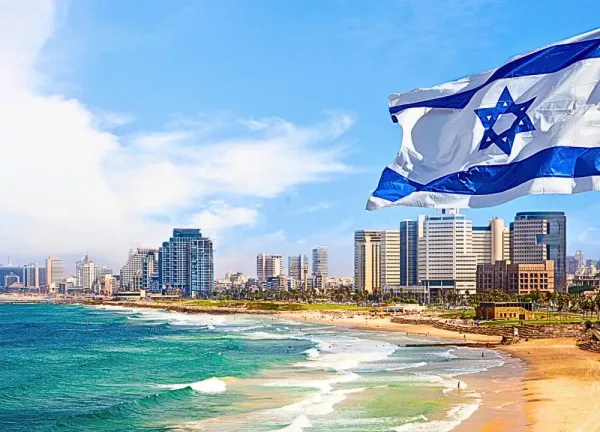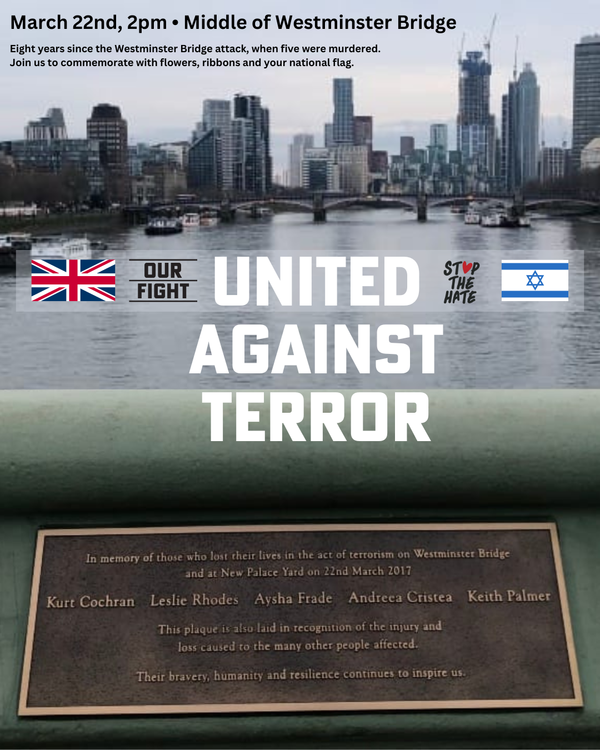It's Not About History
Mark Birbeck says we have an opportunity to talk to our young people during the holidays, about the reality of the 10/7 pogrom, without the influence of decolonising academics.

There have been many articles and social media posts in recent weeks that bemoan the failure of our universities, and their indoctrination of our young people into the ways of woke on Israel's war with Hamas.
In the US, Universities Face Congressional Inquiry and Angry Donors Over Handling of Antisemitism and Cory Franklin warned of the the racism of the intellectuals. In the UK, Karen Pollock wrote an important piece on how Our Universities Have Failed Their Jewish Students. Much of this is true of course, but one important point is missing; our young people are not currently in university.
For the next month our home offices and spare rooms will be converted back to 20-something bedrooms. Our fridges will be stocked with lager and our cupboards with Pringles; our young will be home for Christmas.
For this brief period they won't be under the spell of the decolonising lecturers, the student unions, the Palestinian Solidarity Campaign, the Socialist Workers Party or the Students for Justice in Palestine. Which means that if we only send them back to college with new socks and £20 from grandma, we will have missed an opportunity.
Many parents and teachers I speak to recognise that 10/7 was an anti-Jewish pogrom, and that Israel has a right--in fact a duty--to defend its citizens against the continued attacks that Hamas has promised.

These friends and colleagues are clear that even in their support for Israel, they do not want to see Gazan civilians being killed--yet they recognise that the IDF is doing what it can to warn people to vacate areas that are about to experience serious fighting.
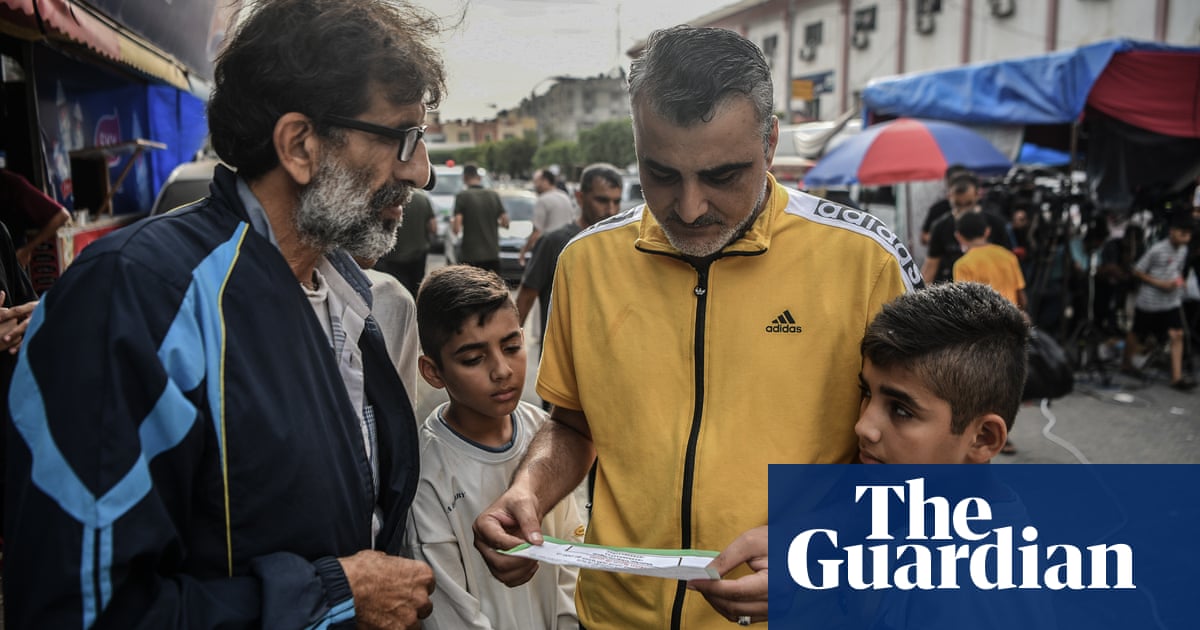
But these same parents and teachers who are confident in their own judgement of 10/7 often say they don't feel confident in arguing with younger people about the situation in Israel and Gaza. And the most common reason given is that they don't know enough 'history'.
Lost in History
If the issue at stake was the history of the region, then of course it would be a challenge. 1949 or 1969? Pre- or post-1973? Oslo or Abraham? It becomes a jumble, and social media confuses as much as it clarifies.
But in any discussion about 10/7, none of this matters--particularly when talking to our young people.
The key question we have to return to is that there can be no justification for 10/7; there is no situation in which human beings find themselves, that warrants burning, raping, decapitating, and kidnapping, not just tens, but hundreds of people.
Some will follow the lead of Claudine Gay and other university heads and say that we need to understand the context. The Palestinians have had their land stolen or are living under apartheid or are experiencing genocide.
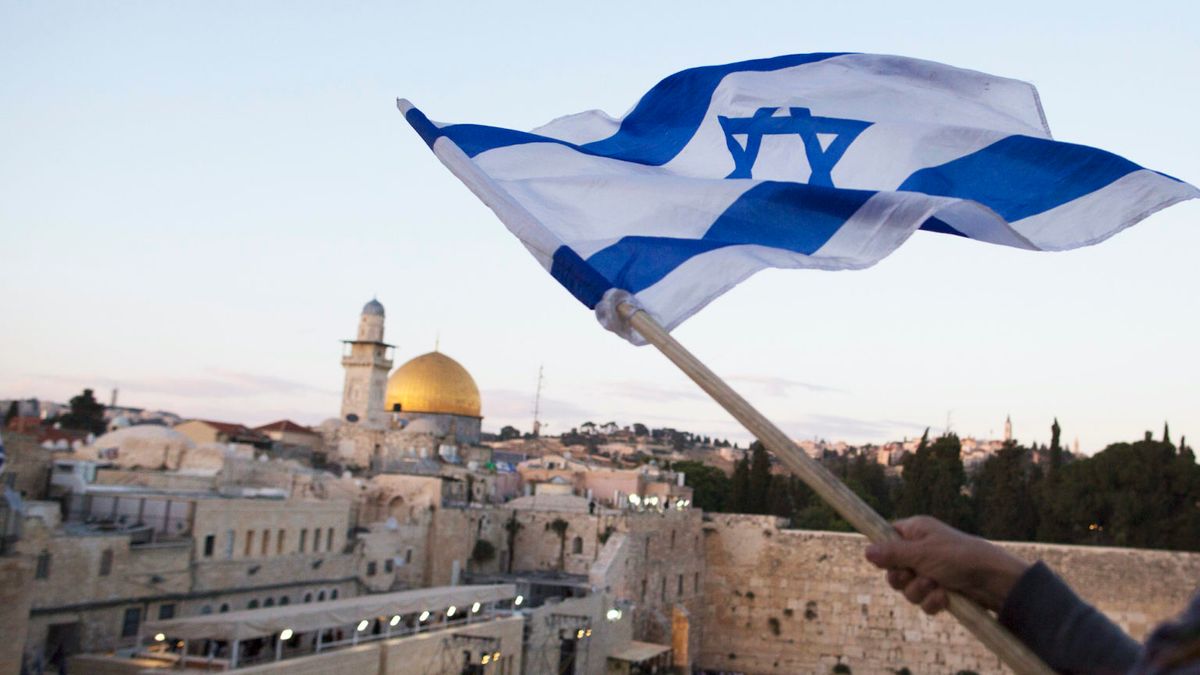
These are all arguments that can be easily challenged, but it's important to realise that to enter these discussions is to be diverted from the moral question of 10/7. We must insist on asking, even if those accusations were true (and they are not), are they justification for killing and burning entire families in their beds? (See The Day Hamas Came.)
Do they justify kidnapping young and old alike? (See the status of the hostages taken into Gaza.)
And are they a legitimate reason for raping, slaughtering and mutilating hundreds of young people at a music festival?
Because if they are justification for killing over 300 Israeli youngsters at the Re'im musical festival on 10/7, then the same arguments are also justification for killing British youngsters at Manchester Arena on 5/22 in 2017, and any number of other atrocities in the various cities of Europe.
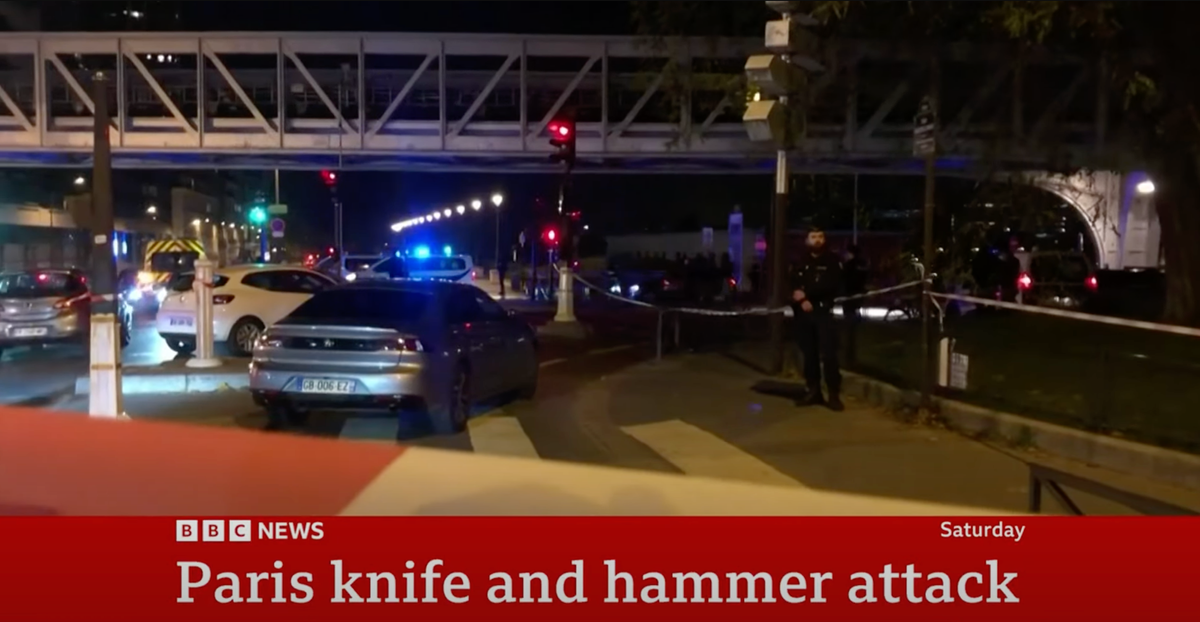
There is no other argument to be had with our young, whether about history, land, bodies or borders, until they first accept that nothing about 10/7 was justified.
As we welcome our young people back home during the holiday period, away from the negative influence of those obsessed with the decolonisation mindset, it's important that we insist on empathy with the people of Israel in the aftermath of 10/7. We need to force them to look the pogrom square in the face.
So find videos if you have to.
Share articles and eye-witness accounts.
Be tough or be gentle--but be firm.
However we do it, we need to realign their moral compasses, and we don't need history books for that.


